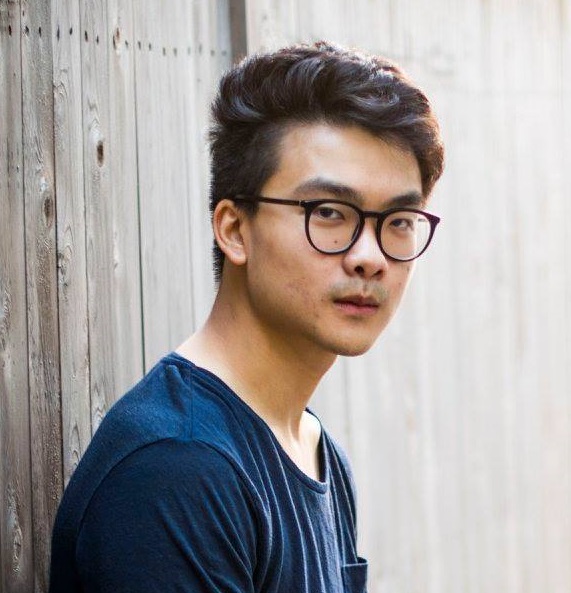Major/concentration and Graduation Year.
Neuroscience & Economics, 2018.
Where are you from?
Hoffman Estates, Illinois
What were your academic interests in high school?
Biology & History
What is your favorite activity outside of the classroom?
Film, Basketball, Video Games
Why did you decide to pursue research in brain science?
I have always liked biology and life sciences because of how tangible they are from an everyday perspective. For me, the most interesting aspects of these fields are undoubtedly the knowledge you obtain about how human beings function and work. This is true even more so of the brain sciences, which seek to elucidate massive topics such as how we perceive the world and why we do the things we do. These kinds of questions are ones that humanity has been asking itself for millennia and I think it’s fascinating that they are now being answered. I want to learn more about the brain and in effect learn more about myself and the people around me.
What research project and laboratory did you work in?
I worked in the Burwell Laboratory of Memory and Attention on a project concerning the neurophysiological basis of “context.” For example, through context, one can differentiate between his office and that of another. Furthermore, one can understand that while it is typically appropriate to sit down at one’s own desk, it may be less acceptable to do so at someone else’s. Context is thus involved in a host of cognitive processes, such as perception, memory, and decision-making. My research centered around examining neuronal representations of context in the hippocampus and postrhinal cortex, two areas of the brain strongly associated with memory and attention.
What is your most memorable experience from your training in brain science?
During my UTRA I had the opportunity to help conduct a pair of neurosurgeries on rats. My project involved taking electrophysiological recordings from animal brains and so part of this process was implanting recording devices in the animals. This was a remarkable experience for me because it allowed me to engage with my research in an extremely hands-on way. Although it was undoubtedly stressful due to the surgeries being life or death situations, they also managed to be some of the most exciting challenges I have ever had the pleasure of tackling.
What have you learned from this experience that you are applying to other aspects of your Brown degree?
From my summer UTRA, I obtained significant amounts of experience in neuroscience and academic research at large. As a neuroscience concentrator, these skills will certainly improve my ability both as a scientist and as a student. Beyond that, however, I believe my time in the Burwell lab will be invaluable to my professional life after college. Academic research is the type of job where it is imperative that you are ready to learn as well as apply new skills and concepts every single day. Being in that type of environment allowed me to better acclimate myself to such a lifestyle, which I believe will be critical for any challenging project that I may undertake in the future.
What would you like to do after graduating?
I am still unsure and am looking at a variety of different options. Although my mind frequently changes on this topic, I am currently most interested in careers within consulting, neuroscience research, and medicine.
